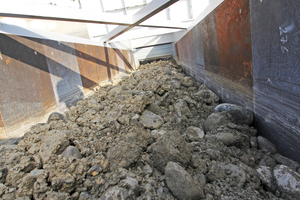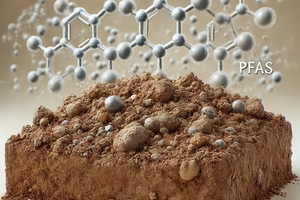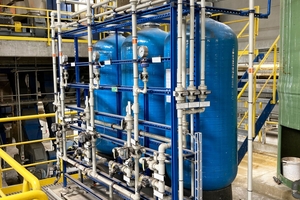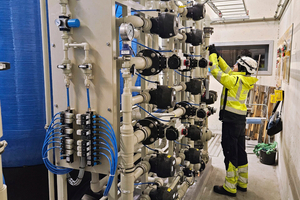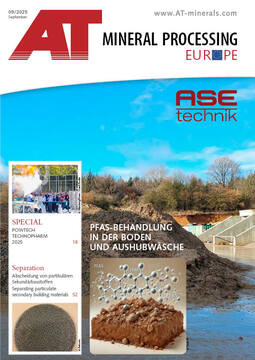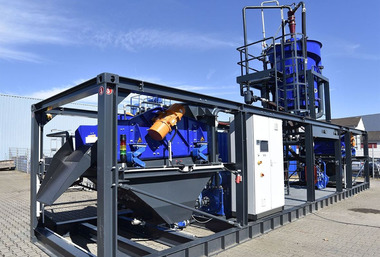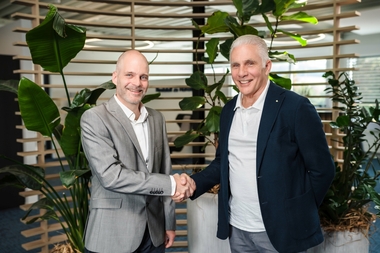PFAS treatment in soil and excavation washing
The problem of PFAS contamination
PFAS are characterized by their high stability and water and grease repellency. However, these properties also make them extremely persistent in the environment. They accumulate in soil, water, and living organisms and can have harmful effects on health.
For this reason, the European Union and other regulatory authorities have introduced stricter limits for PFAS in soil and water. Corresponding regulations are also expected in Switzerland in the near future. PFAS makes safe recycling and disposal particularly difficult in contaminated soil, construction excavation, and demolition materials, which requires effective remediation solutions.
Challenges in soil and excavation washing
Conventional soil and excavation washing methods are often insufficient to effectively remove PFAS. These chemicals bind strongly to soil particles and are difficult to dissolve in water. Innovative approaches are therefore necessary to achieve the required cleaning results and ensure that contaminated materials can be safely recycled or disposed of.
Solutions and the role of ASE Technik AG
ASE Technik AG is aware of the specific challenges of PFAS treatment in soil and excavation washing and offers customized solutions tailored to the individual needs of its customers. In collaboration with AIK Technik AG and other partners, ASE develops and implements innovative technologies and processes that enable the effective removal of PFAS from contaminated materials.
Possible solutions include:
Optimization of washing and separation processes: Intensive and efficient washing is essential to effectively separate fine particles and thus PFAS from recyclable gravel and sand, as well as to separate light material and contaminated water. Effective sand treatment is also becoming increasingly important.
Eliminating water-soluble PFAS: Water-soluble PFAS can be removed from the water cycle (or a partial stream) using activated carbon filtration. The saturated activated carbon can be used, for example, as fuel in a cement kiln, where the PFAS are destroyed at temperatures above 1200°C. Alternative processes for destroying or breaking down PFAS molecules in water are currently being developed, such as the catalytic oxidation method.
Removal of water-insoluble PFAS: Water-insoluble PFAS remain with the fine particles in the filter cake, which can be fed into the cement kiln with the raw meal or sent to landfill. It relies on innovative technologies and processes to ensure effective and sustainable PFAS removal.
Integrated complete solutions: ASE offers integrated complete solutions that cover all process steps from analysis and process development to plant design and implementation.
ASE Technik AG has many years of experience and expertise in the field of treatment technology and a deep understanding of the specific challenges of PFAS treatment. It develops customized solutions tailored to the specific requirements of the respective application. Cooperation with partners enables the solution portfolio in the field of PFAS treatment to be further optimized. By pooling expertise and resources, synergies can be exploited and efficient solutions created for the challenges of the future.
Conclusion
PFAS contamination represents both a challenge and an opportunity for the stone and earth industry. With its innovative solutions and partnership-based cooperation, ASE Technik AG offers effective and sustainable approaches to meeting these challenges. By optimizing washing and separation processes, sand and water treatment, and developing integrated complete solutions, ASE Technik AG contributes to the safe remediation and recycling of contaminated soil and excavated materials. ASE Technik AG sees itself as a partner to the stone and earth industry and the recycling industry, supporting its customers in meeting upcoming strict environmental regulations and shaping a sustainable future.

